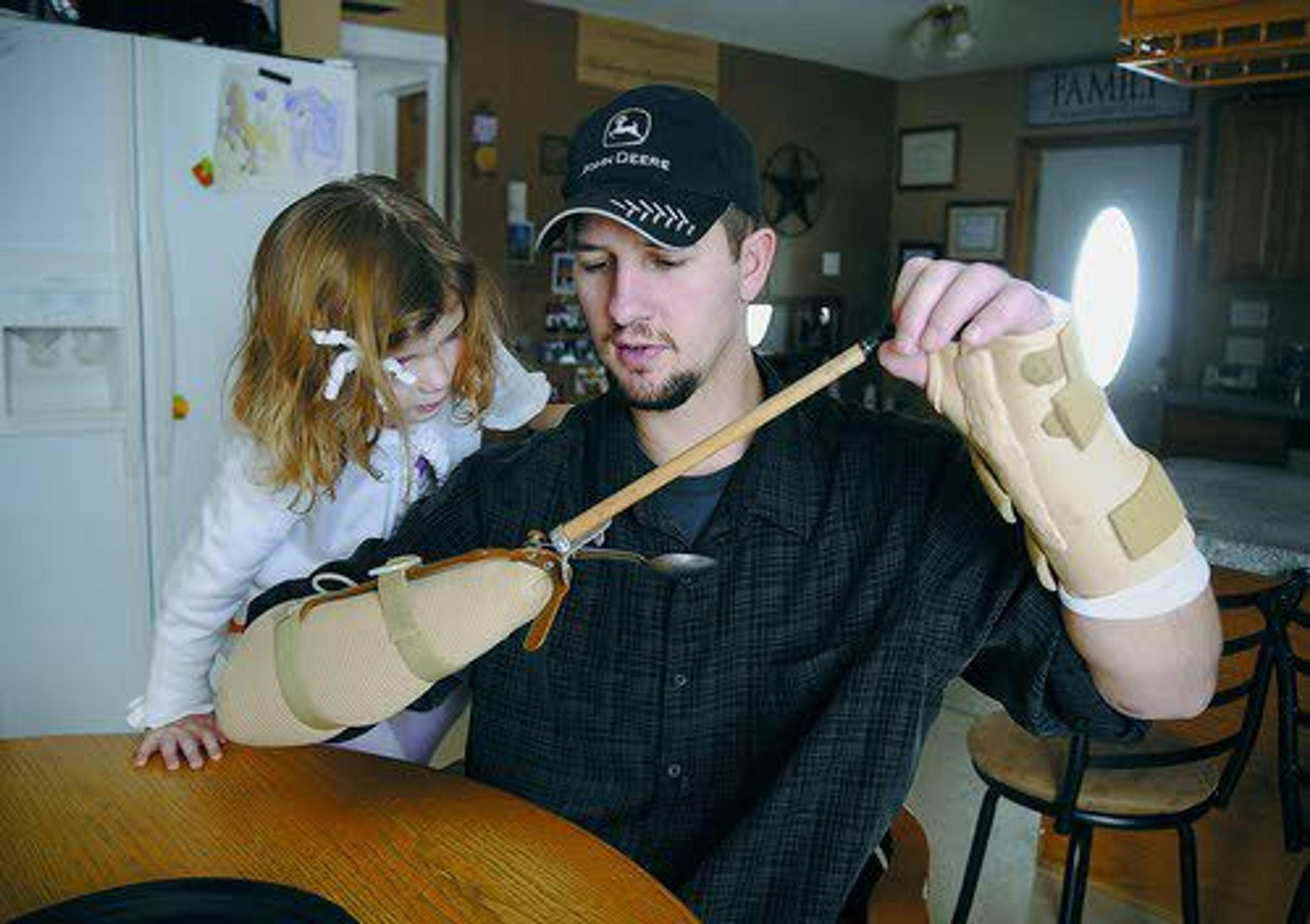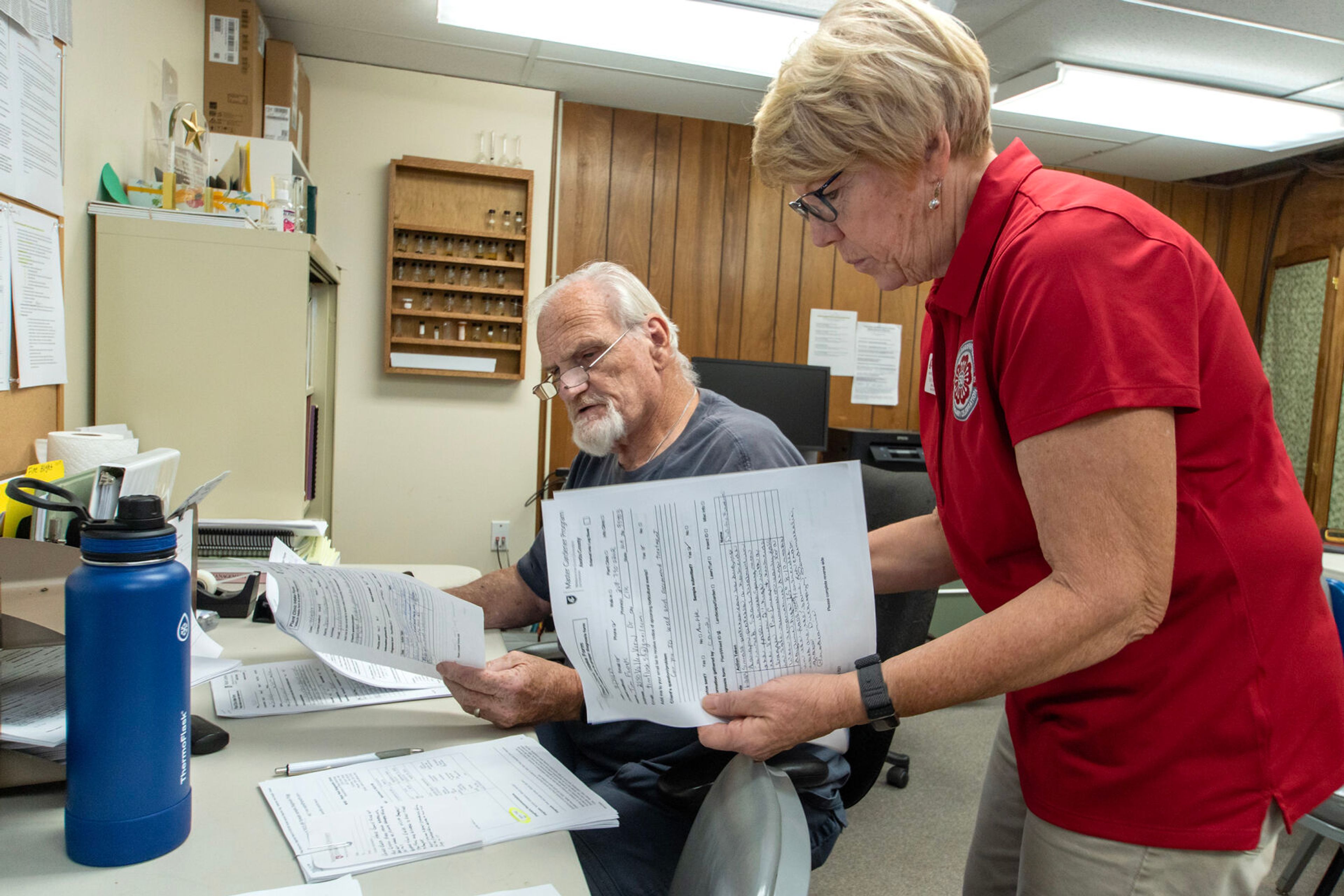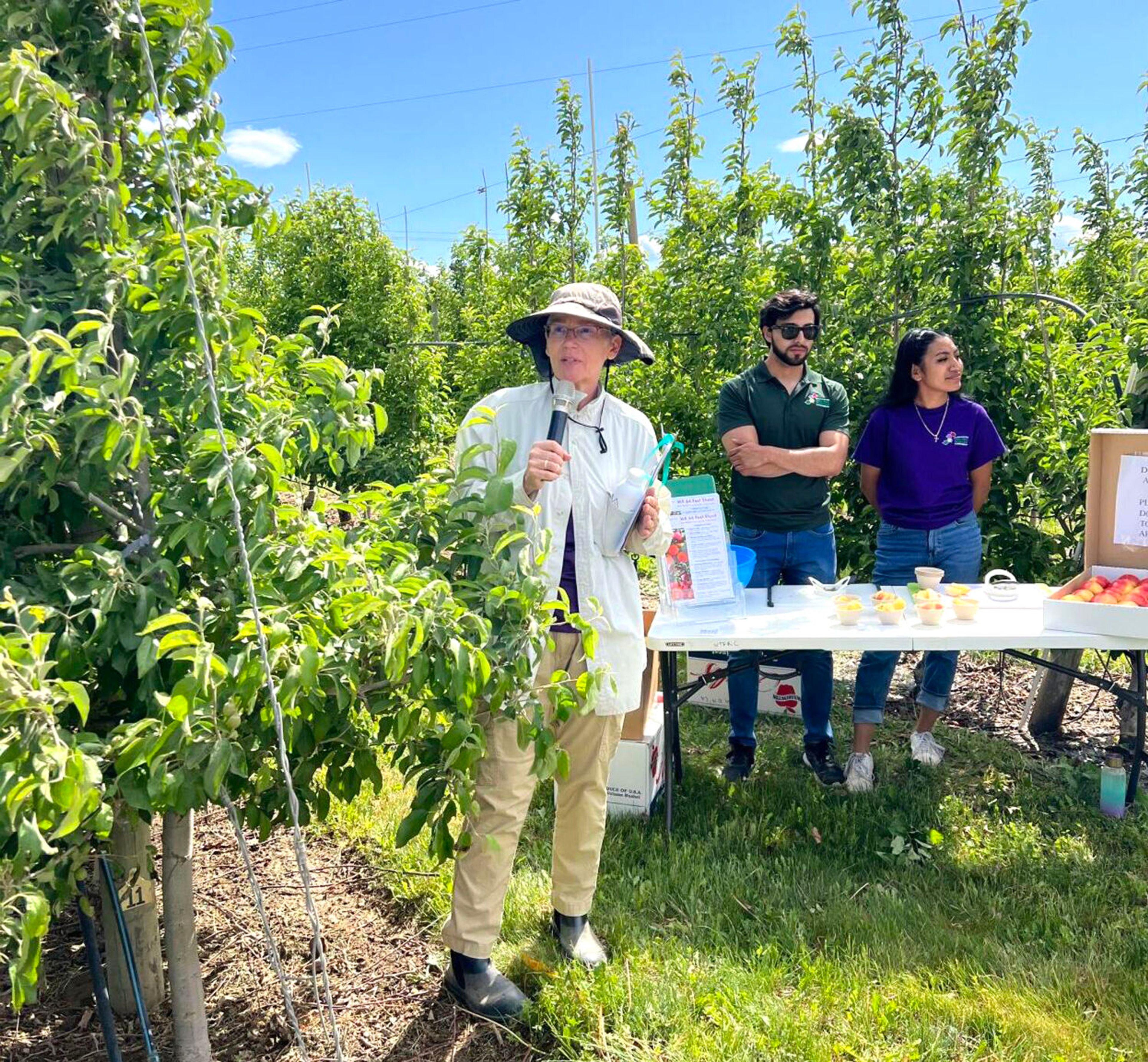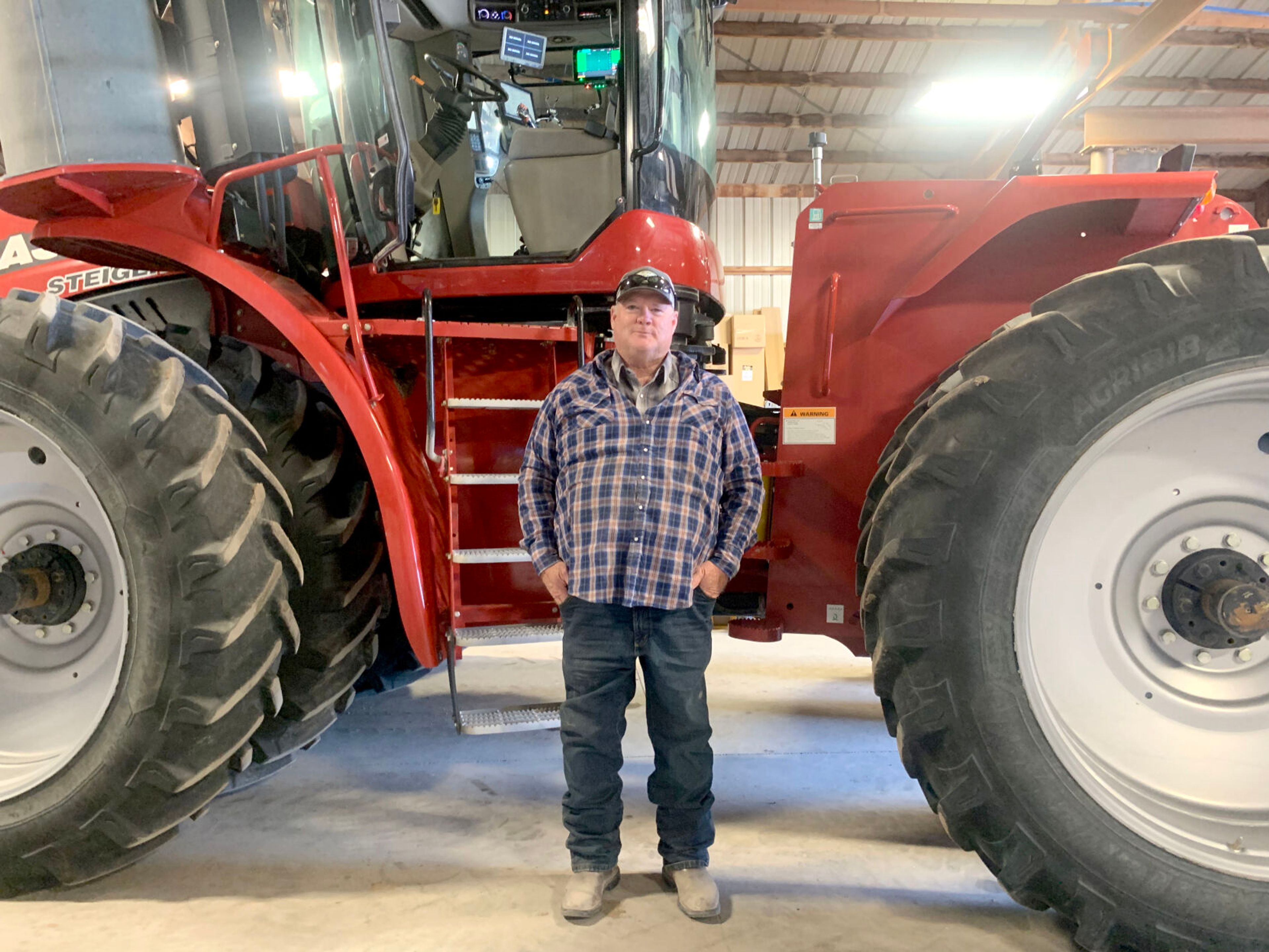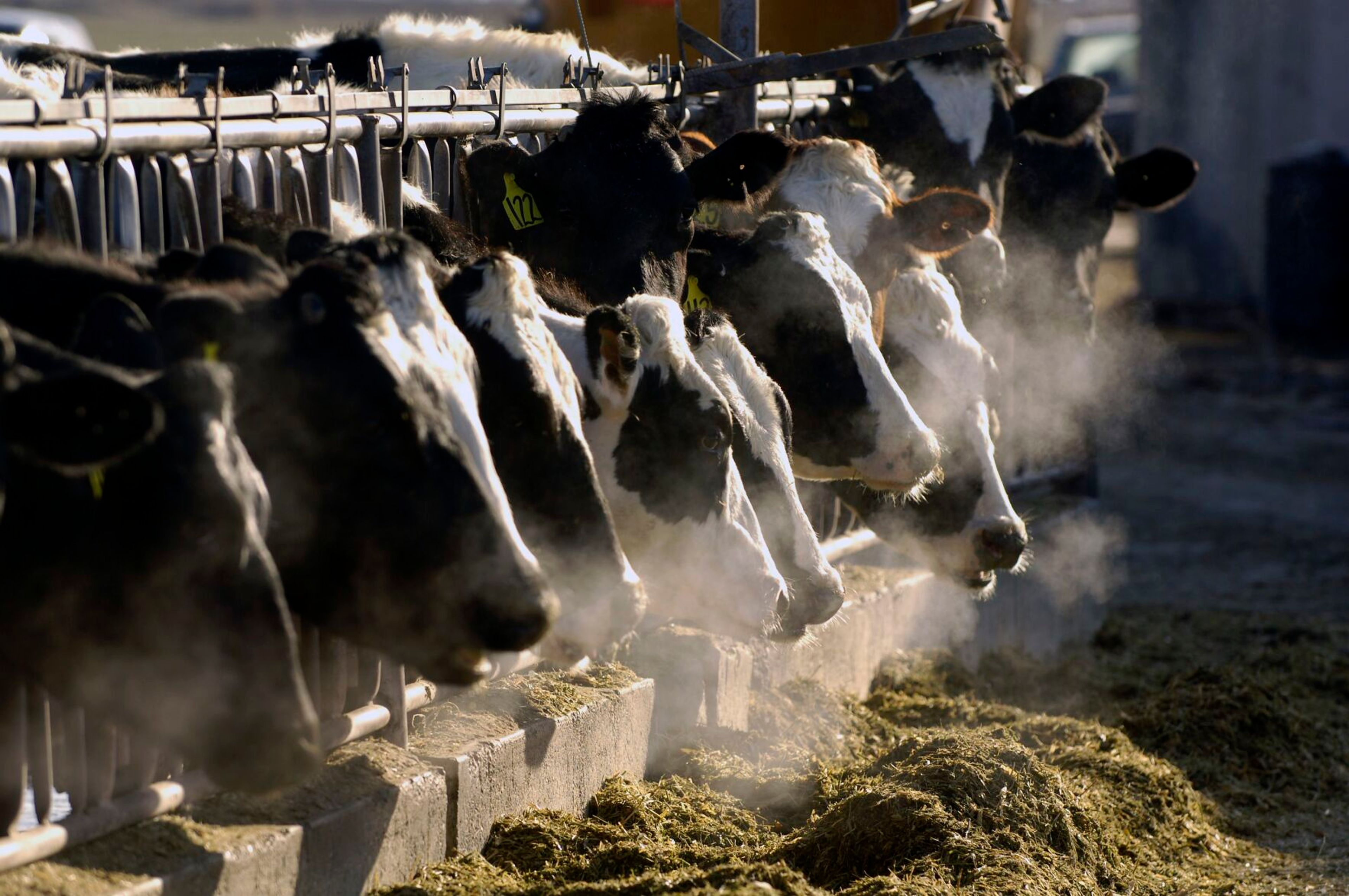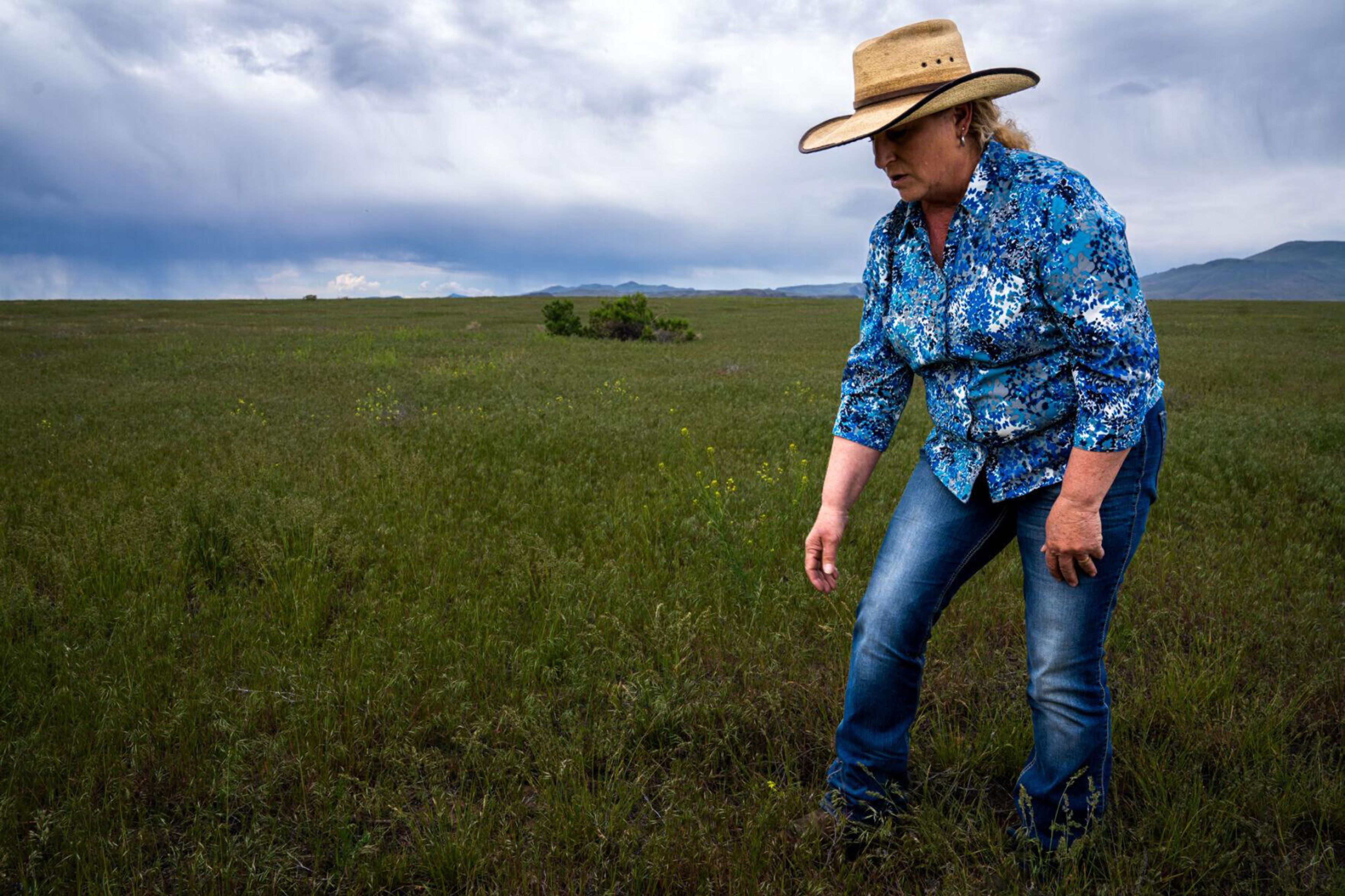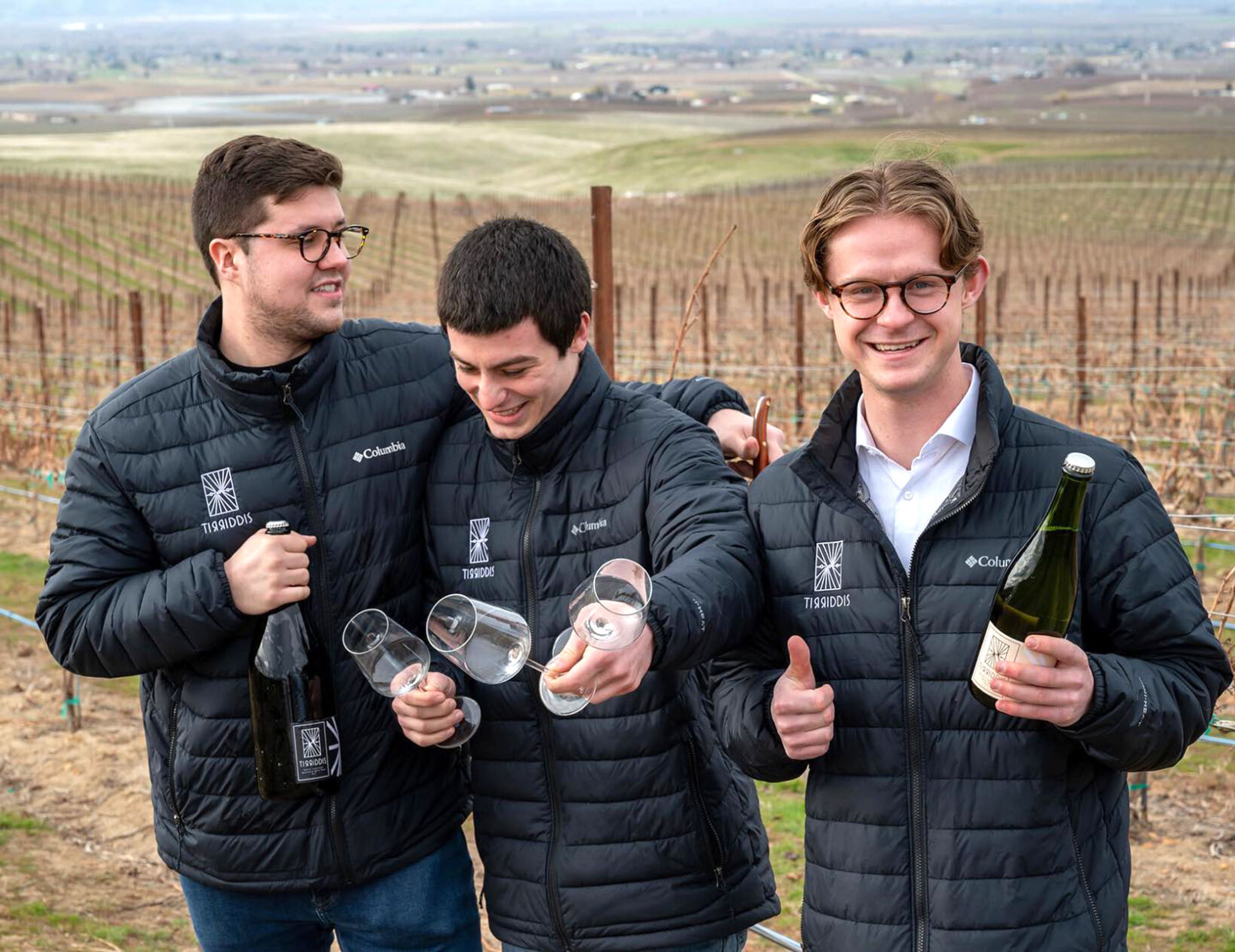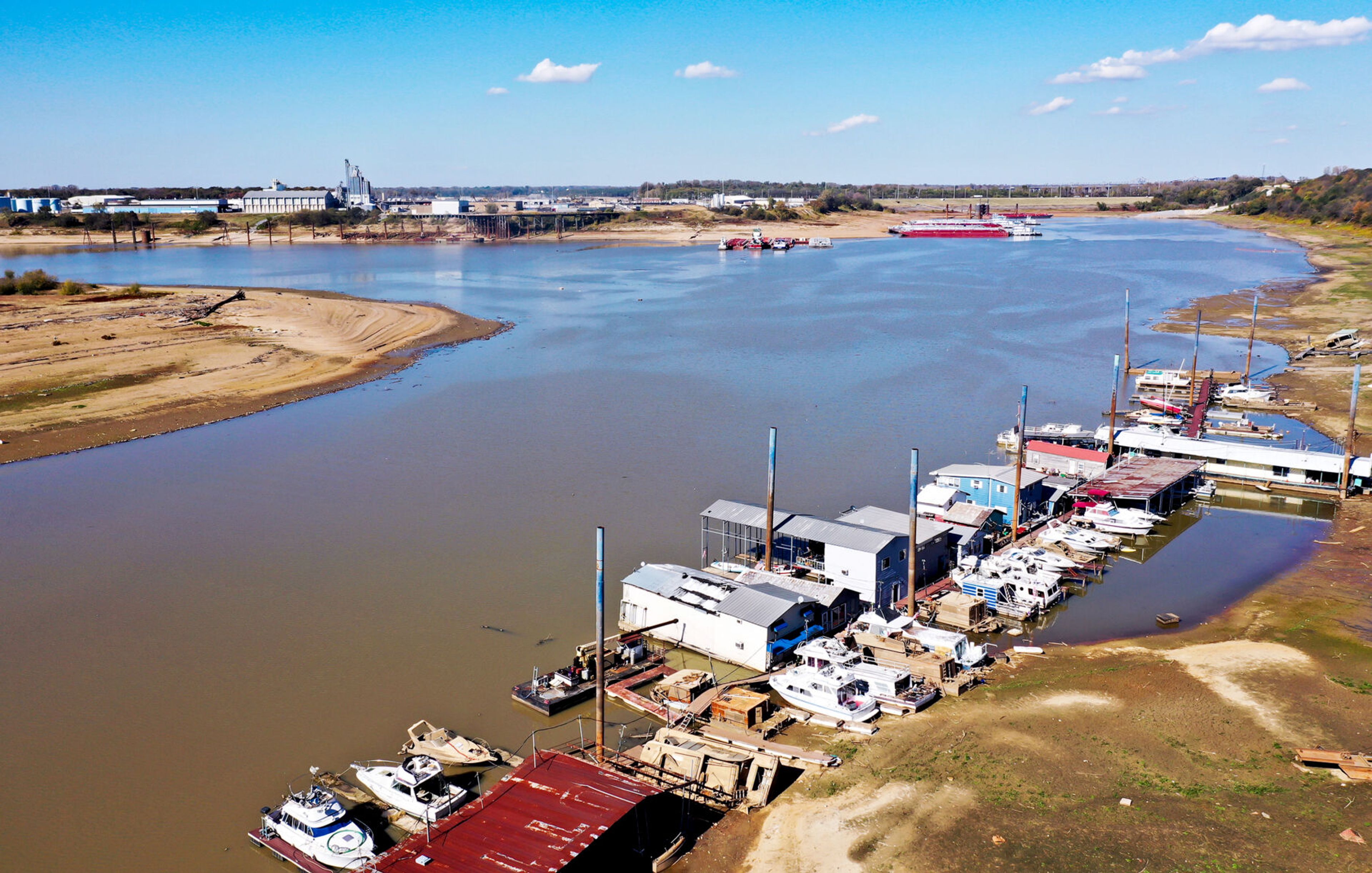Neophyte farmers find old dangers
Rise of 'hobby farms' means more growers get maimed, killed
INDIANAPOLIS - Phil Jacobs was just a teenager when his parents bought a scenic Kentucky farm with hayfields, forests, creeks, trails and a view of the Ohio River. Decades later, he still spent time there, maintaining the property as a second job and using its campsite for family getaways.
The Lawrenceburg, Ind., anesthesiologist was removing dying ash trees in June 2015 when his tractor overturned as he was pulling a tree up a hill. He died instantly, at age 62. The tractor, which dated to the early 1960s, had no rollover protections.
"The farm was a very important part of my husband's life," said Jacobs' widow, Joyce. "If he had any time off, we went to the farm."
The risk of serious injury or death has always been a part of farming. But the nation's growing embrace of small-scale production of local and organic crops is drawing more amateurs into the field, and inexperienced growers are increasingly getting maimed and even killed, often by old, unsafe machinery. Experts say some novices have little appreciation of the occupation's dangers.
As much as a quarter of Indiana's 115 farm fatalities over the past four years have been on small operations that include so-called hobby or lifestyle farms, which are often run by people who entered farming from other lines of work, according to research by Purdue University farm-safety expert Bill Field, who has tracked farm fatalities for nearly four decades.
Those deaths - nearly 30 between 2013 and 2016 - represent a disproportionately high percentage of Indiana's total farming deaths, given the state's widespread commercial farming operations, Field said.
Over the years, Field has served as an expert witness in more than 100 lawsuits that included the deaths of a surgeon, an FBI agent, a lawyer and several other professionals who traded white-collar careers for farming. Many were rookie farmers killed in accidents that people raised on farms and mindful of farming dangers would likely have avoided.
That includes the death of a man who entered retirement with dreams of starting a Christmas tree farm in the Northeast. He bought a brand-new tractor and began clearing land, seemingly oblivious to the dangers posed by farm equipment. Two months into retirement, the man was killed in a grisly accident when he was pulled into the tractor's power takeoff shaft - a rapidly spinning device at the rear end of the tractor that sends power to attachments.
"He retired on Sept. 30 from a government job and was dead by Thanksgiving. I don't think he had a clue what he was doing with that equipment," said Field, who investigated the death as part of a lawsuit filed by the man's widow. He declined to disclose the man's name.
Chris Holman moved to Wisconsin from Oregon nearly a decade ago to pursue a Ph.D. in world languages. He ended up ditching academia for the farming life even though neither he nor his then-girlfriend, Maria, had any agricultural experience.
The couple, now married with a young daughter, bought 41 acres and founded Nami Moon Farms, which specializes in pasture-raised hogs and chickens, as well as eggs, honey and vegetables.
They knew full well that agriculture can be dangerous, so Holman repeatedly screened farm-safety videos. But he still nearly had a serious accident the first time he tilled a field.
As his tractor was rolling along, the tiller trailing behind it snagged on a boulder hidden in the soil. The tractor's front end immediately began rising off the ground and came a split-second away from flipping over onto the cab where he was seated.
"Maybe it was just dumb luck, but right in the heat of the moment, I hit the clutch and had just enough time to bring the front end back down," recalled Holman, 40.
His tractor had some protections - a rollover bar and a reinforced cab. But hobby farms are among the only places in the U.S. where cheaper, older tractors without such safety features are still in use, said Frank Gasperini, executive vice president of the National Council of Agricultural Employers.
Jacobs' tractor was one example. He had researched buying a new, safer machine, his widow said.
Tractor rollovers are the leading cause of death on smaller farms, Gasperini said, and some beginning farmers who buy older tractors have little or no safety training. They often toil alone at odd hours - sometimes while weary from working at off-farm jobs.
Gasperini warned in a July article in the Journal of Agromedicine that "very small, subsistence, part-time, non-traditional and hobby farms will continue to pose significant challenges" to the safety of U.S. agriculture.
The total number of farms in the U.S. has been declining for decades as large commercial farms keep getting bigger. But small farms are on the rise, buoyed by the popularity of locally grown produce and meats, farmers' markets, organic foods and farm-to-table production.
The 2012 farm census showed that farms covering less than 50 acres grew nearly 10 percent between 2002 and 2012, when there were more than 813,000 such farms nationwide.
Many new retirees are drawn to small-scale farming by the allure of a bucolic life and the independence of setting their own schedule, said Roger Sipe, editor for Hobby Farms, a national magazine that documents the trend.
Even seasoned farmers sometimes make mistakes in a moment of haste.
That was the case for Jamie Houdek, who lost his right hand to a corn picker on the 60-acre hobby farm where he works part-time raising beef cattle in Little Falls, Minn.
The father of three was harvesting corn for cattle feed in November 2013 when he stopped his tractor and climbed down from the puttering machine to make sure the corn picker it was pulling was functioning properly.
Houdek then reached to grab a dried ear of corn from the still-operating machine to check its moisture content. His gloved right hand was swiftly pulled inside, crushed to the wrist by metal rollers and eventually shorn off. His left hand suffered nerve damage when it also became entangled in the picker.
He was trapped in the machine's grip for nearly an hour before a neighbor rescued him.
"I was born and raised on farms, so I knew better," said Houdek, 36. But he was hurrying and trying to take advantage of good weather. "I just thought I would jump off real quick, check on stuff and jump back on and keep going."
